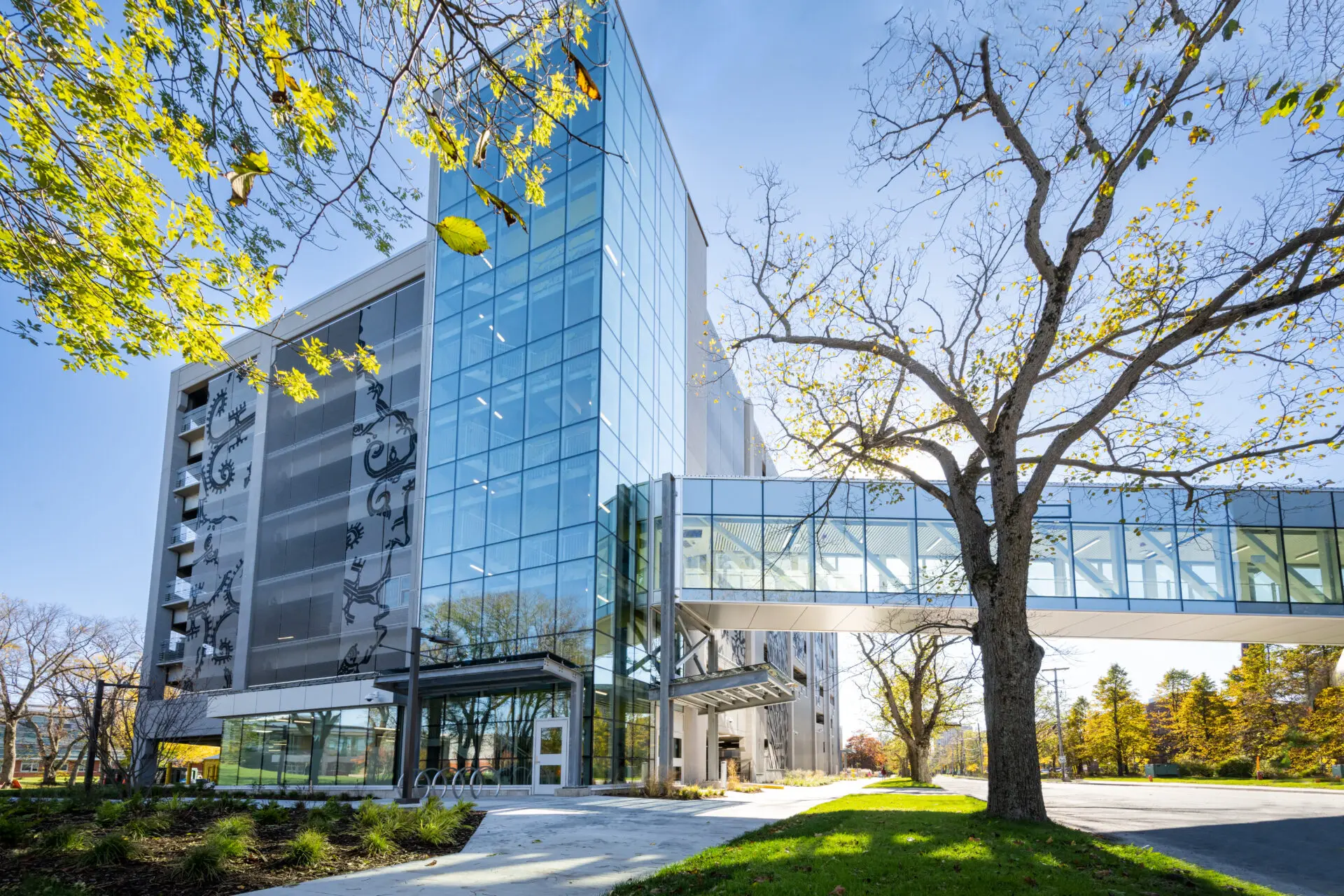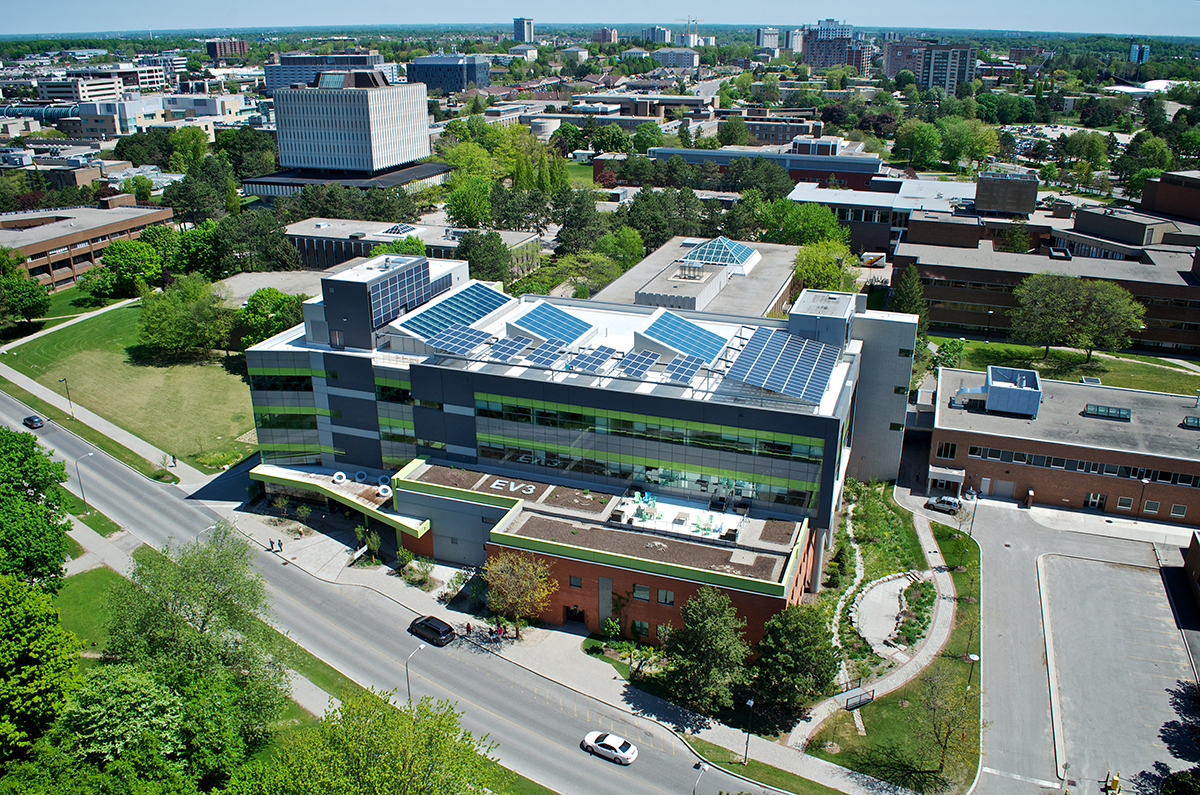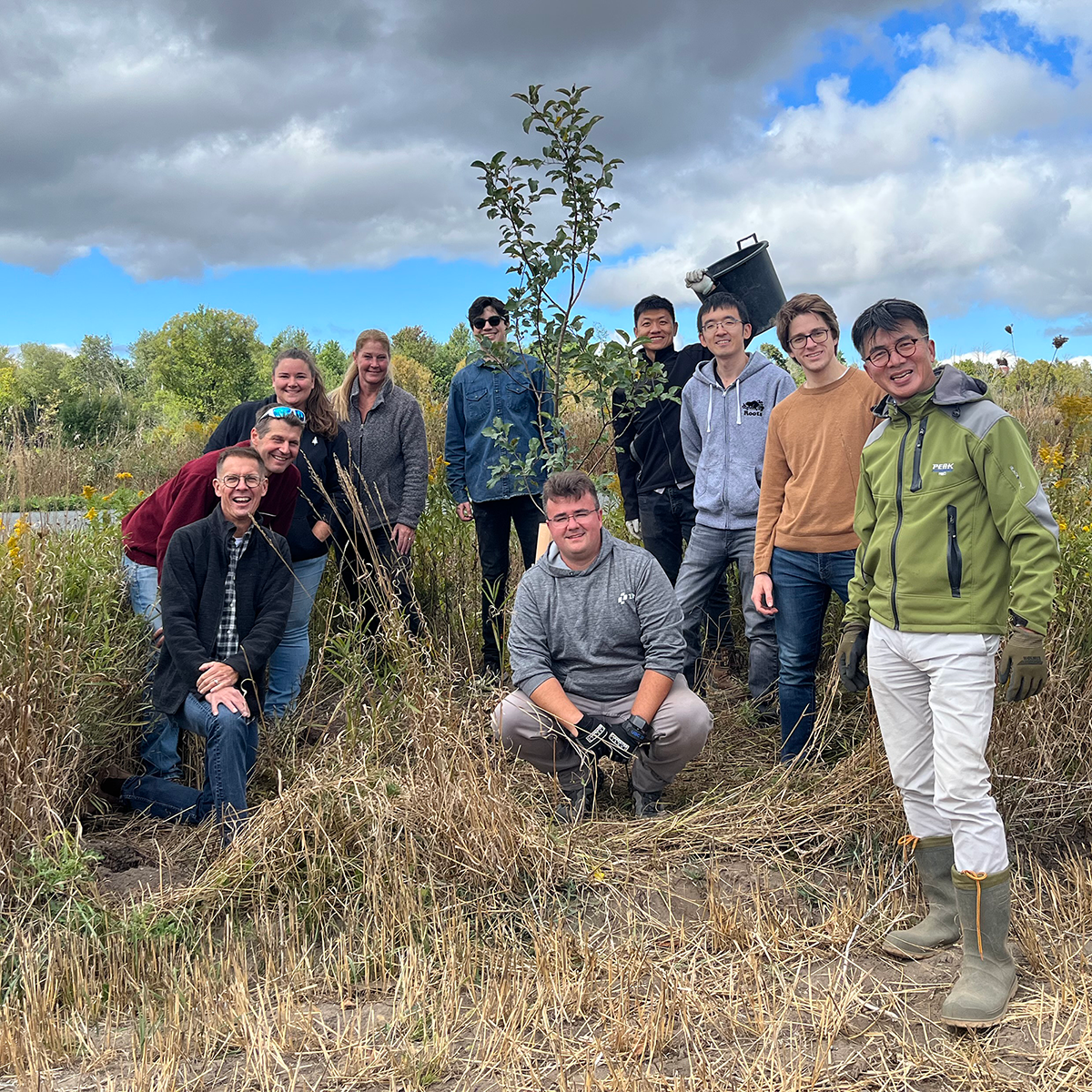
Beyond Zero Carbon Commitment
We are committed to reducing emissions by 60% by 2027 along with purchasing enough carbon offsets to bring us Beyond Carbon Zero.

WalterFedy strives for more than exceptional design; we elevate and enrich the world around us. This shared goal guides everything that we do, from supporting a healthy and sustainable future through responsible operating and design practices to initiatives that foster well-being and community-building, both inside our offices and across the regions we serve.

Sustainability isn’t just a part of what we do, it’s a part of who we are. We carefully consider the environmental impact of our operations and our projects; incorporating sustainable design approaches that improves building performance and energy efficiency, reduces carbon footprints, and supports the health and wellness of its occupants.

We are committed to reducing emissions by 60% by 2027 along with purchasing enough carbon offsets to bring us Beyond Carbon Zero.

Our employee-driven initiative educates and promotes sustainable design solutions and lifestyle choices for our teams.

Turn-key facility solutions to develop and implement energy and decarbonization strategies for our clients.
Our team members actively contribute to the communities that we serve; sitting on boards, coaching teams, supporting social causes, and acting as advisors for academic programming.
Every full-time staff member gets 15 volunteer hours through a company-led or individual initiative. Once an employee reaches 20 hours of service or more, we donate $200 to their charity of choice.




We view the world through diverse lenses, embracing our differences as we grow together. Our diversity, equity and inclusion (DEI) committee actively promotes initiatives that foster a safe and equitable workplace.

We believe in doing what’s right. Always acting with integrity, we build and maintain trust with our clients, communities and each other – supporting long-term relationships and project success.
We create a safe and healthy workplace for our team, our partners and our communities through a commitment to sustainable business practices.
Our Joint Health and Safety Committee promotes protective and preventative measures across our teams.
